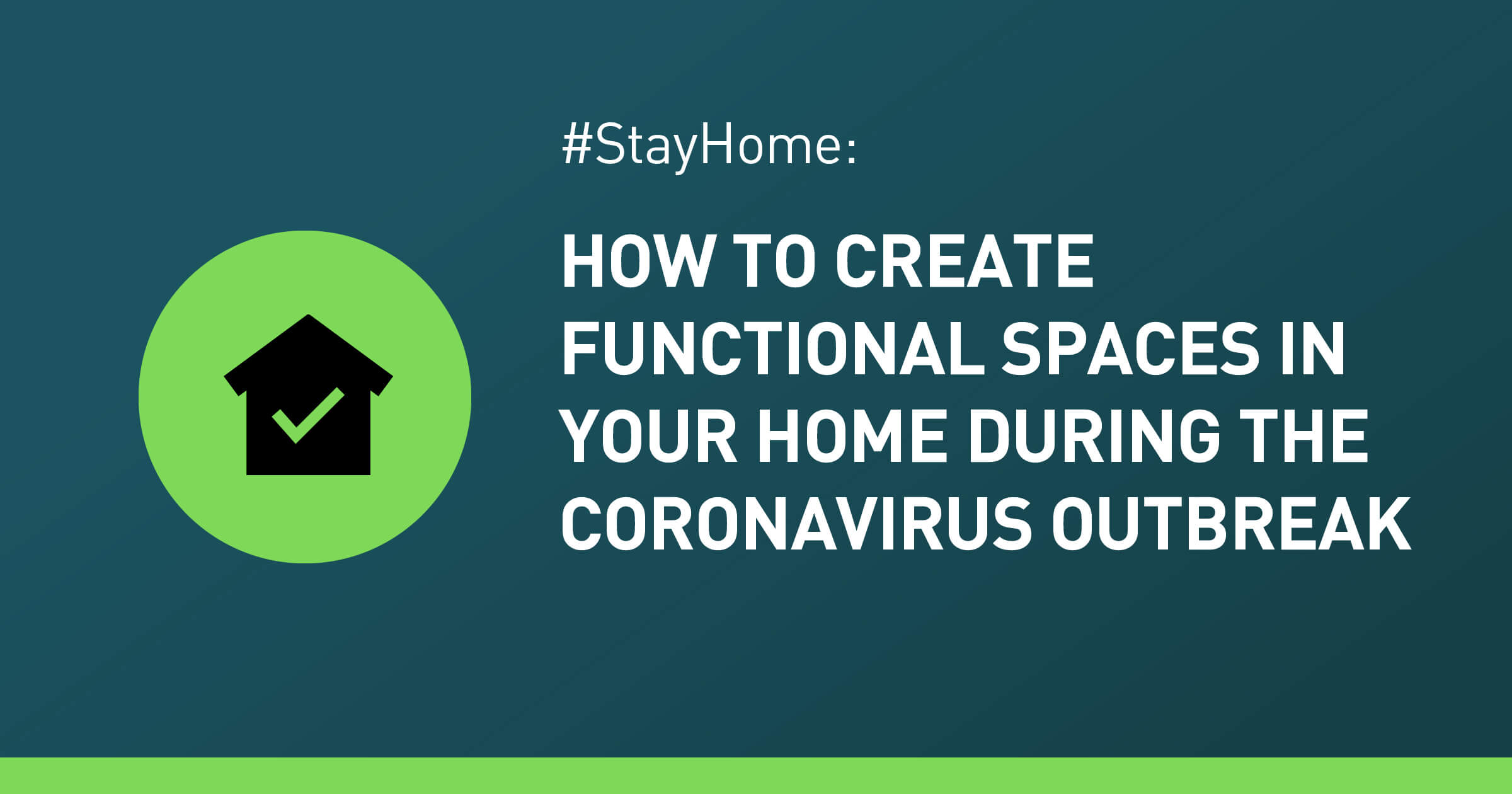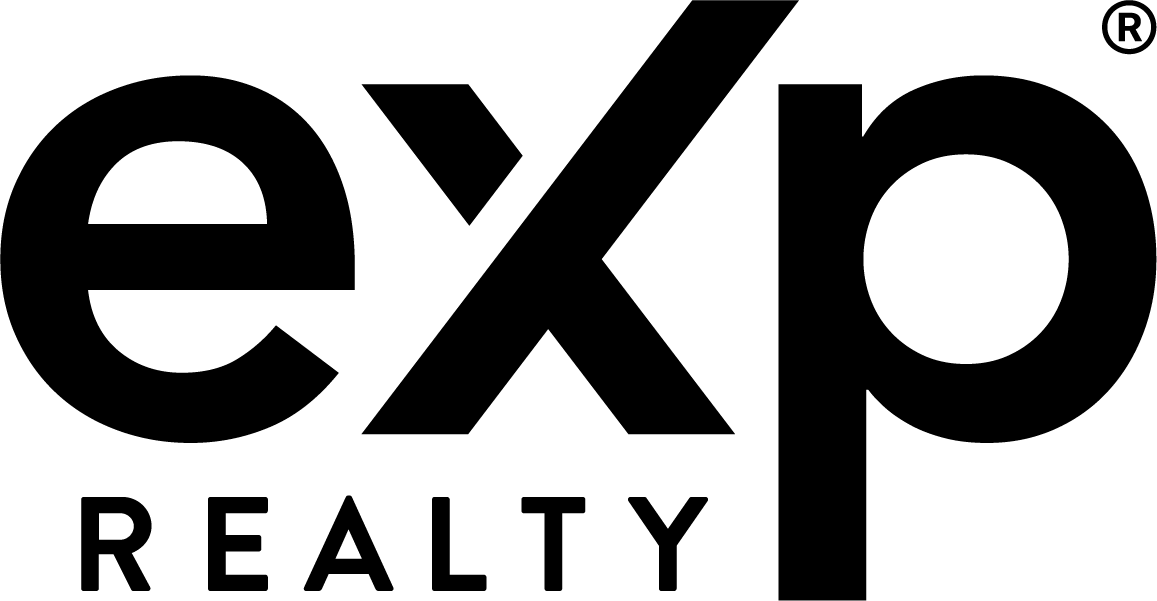There are many tricks Realtors play in the Real Estate industry and below are some of them
A Few Caveats: Please note: there are honest and ethical Realtors out there but it’s unfortunate that the ones we hear about on the news and online are the shady ones. Otherwise, it wouldn’t be on the news. Reporters don’t report what a great job Realtor X did for Client Y and don’t don’t report the extra mile Realtor Y went for Client Z.Realtors, like Lawyers and Doctors and other professionals aren’t perfect and we do make mistakes from time to time. Often, Realtors do some shady things not because they want to, but they are trained by someone else who says “it’s common practice in the industry”.
1. Overpricing Your Home To Get The Listing – Say your home is worth $1,000,000. It is not uncommon for Realtors to come to your place saying they can sell it for $1,200,000 if you list the property with him/her. Their strategy is to get as many listings as possible, have their For Sale sign everywhere so they get “free” advertising and the public always seems to have this perception, “Realtor X has listings everywhere, he/she must be good”. Actually, overpricing your home can be detrimental to be able sell your home. Buyers are not dumb. They do their research, with or without a Realtor and they know if the home is overpriced. Therefore, you will eventually have to reduce the list price on your home. After repetitive price reductions and having the home sit on the market for a long time without much action, buyer psychology tells them, “It hasn’t been sold for so long, there must be something wrong with the house”. Hence, buyers willingness to pay for the home is usually lower when the home sits on the market for a long time.
How to Prevent: Interview a bunch of Realtors. Don’t just choose the Realtor who has a bunch of listings. Just because they’re a “Top Realtor”, doesn’t mean they’re necessarily ethical or good. There are ways to be a “Top Realtor” using questionable methods, just like in any profession. Know what your home is worth.
2. Telling You They Have Buyers For Your Home – Many agents will say that they have buyers for your home and if you have live in a high end neighborhood, many will even make a point to say that they work with many affluent immigrants. This is a strategy that agents use to get you to list your home with them. Sellers think, “oh well if they have buyers specifically for my home, then it’ll sell very quick and with less hassle…” However, if they TRULY have a buyer who wants to specifically buy YOUR home, then the agent doesn’t need you to list your home with them. They can just write an offer for the buyer and hand that to you.
How to Prevent: Don’t believe them if they say they have buyers for your home. If they say that, ask the agent to send you an offer from that buyer directly. Chances are is that if they are just making it up, they will make some excuse for why they can’t write the offer to you. But you never know, they might give you a fake offer…
3. Multiple Fake Lowball Offers – A fake offer is just that – a fake offer. There are agents who ask a friend or coworker to write up an offer from a fictitious buyer or the buyer could be someone real who’s either in on the scheme or may not even know. Seller sees the offer, likely with subject clauses so the deal can easily be voided if the “buyer” doesn’t remove the subject clauses. This is obviously unethical and against the real estate board rules. Why does this happen?
Sample Situations:
Scenario #1: Realtor A has a listing contract with Seller B until March 31st. Seller B hasn’t received any offers and is frustrated that Realtor A hasn’t been doing a good jo. Seller B advises Realtor A that he/she does not plan to renew the listing after March 31st. Realtor A conjures up a scheme, gets a coworker or friend to draft up a fake offer. Realtor A goes to Seller B a few days before March 31st and says that they have received an offer. Realtor A says, “well, Seller B, we have to deal with the offer, so let’s extend the listing contract by another 3 months…” Seller B agrees, but of course, the offer is fake and so the subject clauses are not removed and Seller B still has the listing with Realtor A for another 3 months.
Scenario #2: In the situation above where the Realtor says they have a buyer for the Seller’s home and the Seller asks for an actual offer to prove it, the Realtor uses the scheme above to conjure up a fake offer that of course doesn’t go through and will probably make up some reasons during the process to get the listing from the Seller.
Scenario #3: Seller A has a home listed with Realtor B. Buyer C wants to psychology manipulate Seller A into sellig the property to him/her at a low price. Buyer C hires Realtor C and writes a lowball offer under Buyer C’s brother’s name. Buyer C, later hires Realtor D and writes a lowball offer under Buyer C’s sister’s name. Buyer C, later hires Realtor E and writes a lowball offer under Buyer C’s mom’s name. By this time, Seller A may be thinking that his/her property is only worth in the ball park of those low offers. Then Buyer C finally hires Realtor F and writes a low (but not lowball offer) offer under his/her own name hoping the Seller will compare all the other previous offers to his/hers and will accept his/hers.
How to Prevent: Work with a Realtor who knows what they are doing and who is honest, ethical and full of integrity. This Realtor should know what your home is worth and not be phased regardless of what offers come in.
4. Fake Deposits – Yes, some Realtors representing buyers have not only submitted fake offers, but fake deposits too. How? Don’t ask me. But they’re fake. Maybe the buyer’s agent never deposited it into their brokerage trust account or maybe it’s just to show the seller that the buyer is serious, I’m not sure.
How to Prevent: As a seller, work with a good Realtor, one who knows the situation of the buyer’s agent and the buyers, one that can discern whether something doesn’t seem right.
5. Representing Buyer and Seller Without Explaining Agency – Realtor A is selling Seller B’s home. During an open house, Buyer C walks in without an agent and wants Realtor A to represent them. That is called “Limited Dual Agency” where Realtor A represents Seller B and Buyer C. This is only allowed with the WRITTEN PERMISSION from Seller B and Buyer C. If both the buyer and seller agree, then this agency is created. Caveats: Realtor A cannot tell the seller the buyer’s motivation to buy, confidential information and whether the buyer is willing to pay more than what is offered. Realtor A also cannot tell the buyer the seller’s motivation to sell, confidential information and whether the seller is willing to sell for less than the asking price or any counter offer the seller makes.
If Seller B doesn’t allow Realtor A to enter into a Limited Dual Agency, Realtor A can offer Customer Agency to Buyer C which is also known as “No Agency”. The same agency applies when Buyer C goes into a developer’s presentation center and wants to buy a presale. The developer’s sales representative offers “No Agency” to the buyer and just writes the contract for the buyer. The sales representative might give some advice, but does not work for the best interests of the buyer.
Often, Realtor’s don’t really explain the Customer Relationship or No Agency to Buyers. That’s a big no – no.
How to Prevent: If you’ve never read or had the Working With A Realtor explained to you, ask your Realtor to explain it to you AND READ IT yourself. Of course, sometimes Realtors don’t explain the brochure to their clients as they assume previous Realtors have explained the brochure to the client, but surprisingly, many clients do not know the different agency relationships.
Bottom line: If you select a very honest, ethical, hard working, competent Realtor to begin with, one that is looking to build a long lasting relationship with you for years to come, you shouldn’t have any of these problems.





 Yvonne Yang
Yvonne Yang 
 Carlos Garcia
Carlos Garcia 


